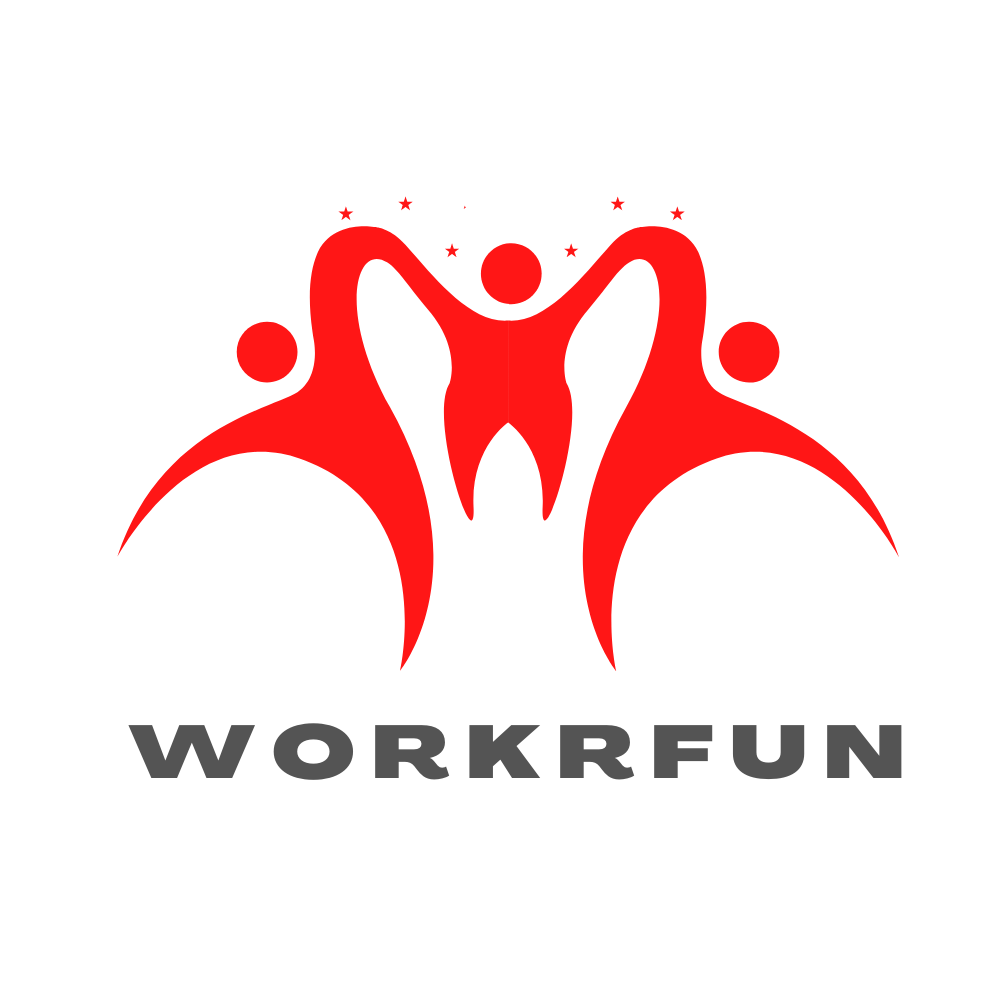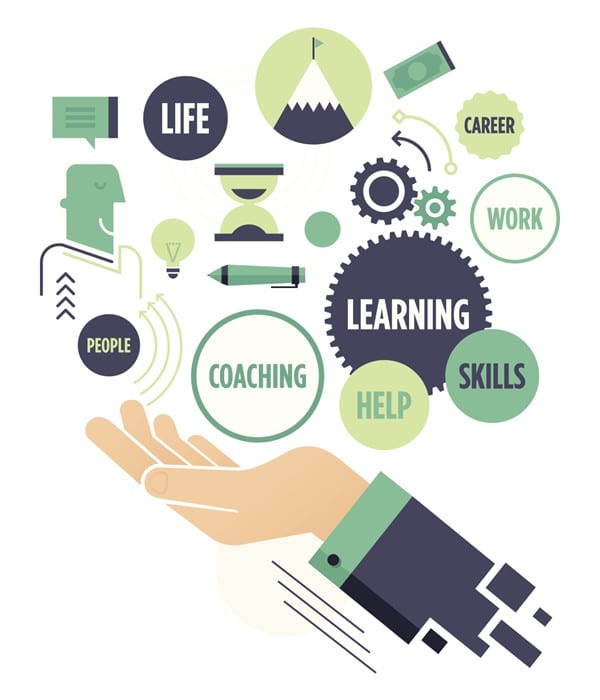When considering Experiential Learning, you might be thinking this terminology, which is a learning and Development term, something difficult to understand. Not so, the concept is very easy, it basically describes our learning process. The easiest way to learn is through experience and then applying reflection strategies. The term does say experiment, so in the process you might experience some success, but also a few failures along the way. Try, and try again comes to mind, until success is obtained.
Gaining Experience and Learning from it
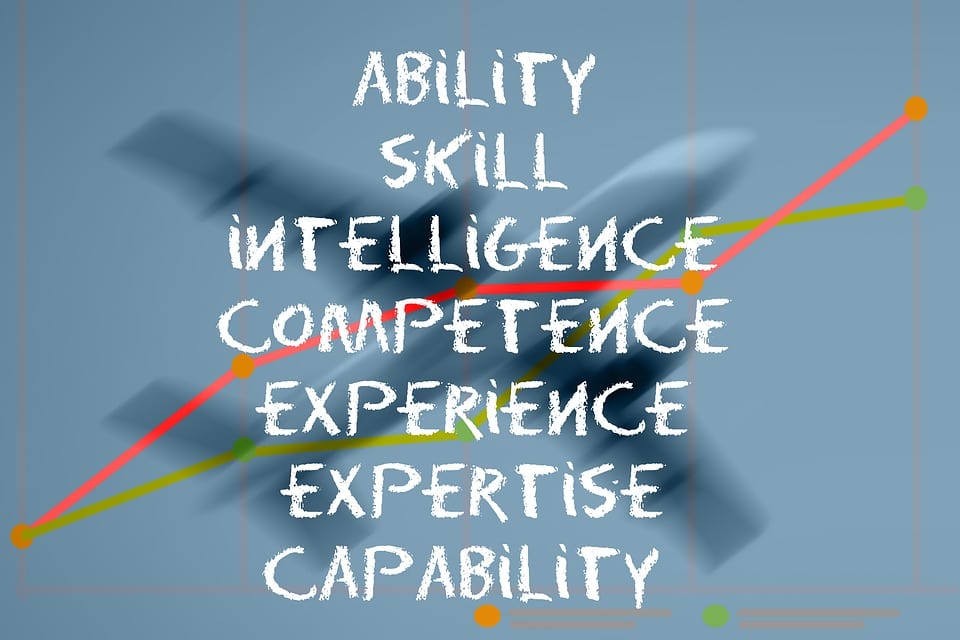 There are so many choices we make every day, should I have eggs benedict or an omelet? Okay, so most of us will most probably just have cereal or toast, but if we could make these? What goes into learning something new, you can’t just open a cook book and expect to make the perfect fluffy eggs the first time, unless you’re just that good.
There are so many choices we make every day, should I have eggs benedict or an omelet? Okay, so most of us will most probably just have cereal or toast, but if we could make these? What goes into learning something new, you can’t just open a cook book and expect to make the perfect fluffy eggs the first time, unless you’re just that good.
What makes you learn, is getting in there, making those eggs and tasting the end result. You have to experience it, in order to know what you like. Learning from experience, this applies to all aspects of life, at home and at work.
Do you remember the first time you drove a car or baked your first cake? This is because learning based on experience is efficient and effective, it actually creates behavioral changes that last. The process involves more than just understanding something, anybody can read a book an understand how to do something, but you will only now if you can do it by actually trying it out. The way to grow a skill, is to develop additional behaviours and develop fresh habits.
There has been research done on the subject and it has been proven that 70% of everything we learn comes from actually experiencing and attempting a variety of new things. What helps further, is actual reflection, by implementing some good reflection time, this aids us in our path to gaining and retaining knowledge.
 Who is David Kolb?
Who is David Kolb?
Professor David A. Kolb is the man who came up with, Kolb’s experiential learning theory.
“Learning is the process whereby knowledge is created through the transformation of experience” Prof. D.A. Kolb
His learning theory can be seen as an endless process, which can be simplified and visualized as a learning cycle. From experience to reflection to conceptualization or learning form the experience and finally to active experimentation.
Let’s have a look at the different phases within the cycle:
Concrete Experience
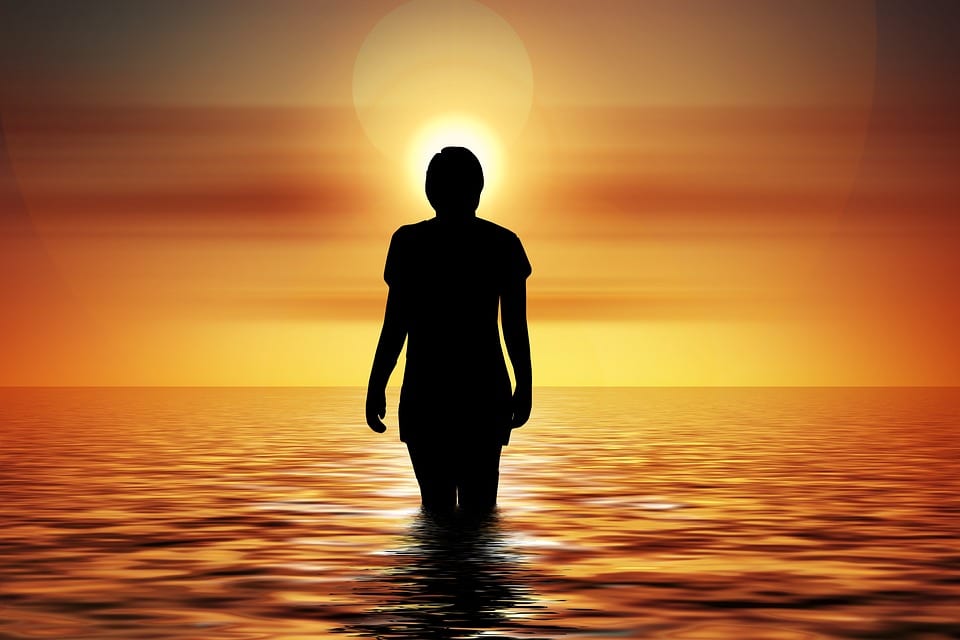 This is where you come upon a new experience, something you have tried. This is where you have attempted new things, but you have gone forward and may even be stepping out of your comfort zone. These experiences can be something you have tried that is connected either to your personal life or business life.
This is where you come upon a new experience, something you have tried. This is where you have attempted new things, but you have gone forward and may even be stepping out of your comfort zone. These experiences can be something you have tried that is connected either to your personal life or business life.
Experiences like:
- Trying out that new chicken recipe
- Being asked to do something new at work
- Or just simply driving to work for the first time
These experiences help us to learn and grow, not only from the successes but also from each failure we may encounter along the way. Whatever you do next, is what produces changes in behavior.
Reflective Observation
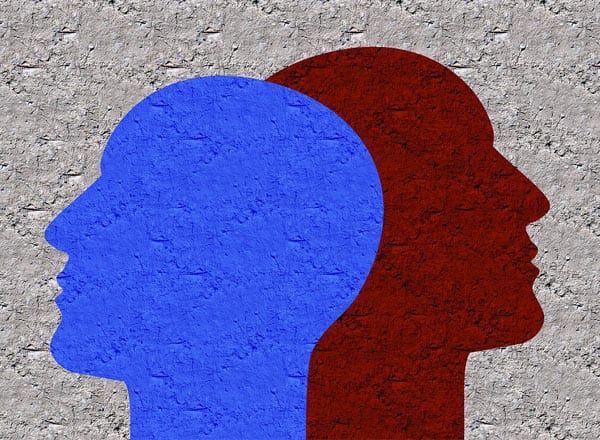
Following the experience, we need to review or reflect on what just happened. Once we have an experience, we need to think about what we’ve done, is there anything that can be done to improve the experience? Could somethings have been done differently? This is also a great time to observe and learn from others.
There are a number of ways to reflect:
- Come up with pros and cons
- Ask questions, why, how, where, what…
- Analyze and discuss
Abstract Conceptualization
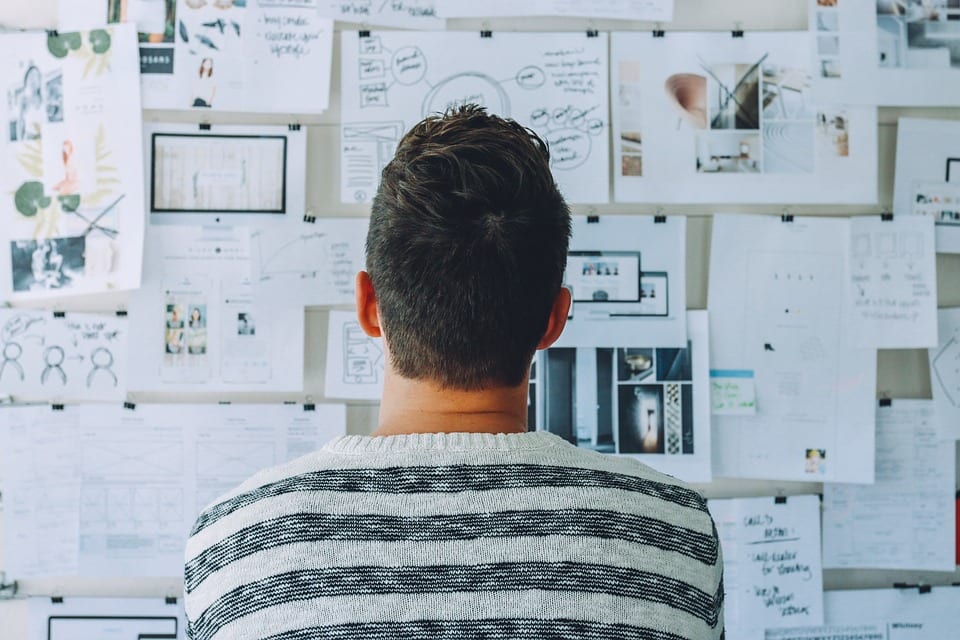
You have come to a point where you understand and have learned from the experience. The next time you have to do the same thing, you will now what to do, in order to do it successfully. At this stage you can come up with plans or strategies that will lead you to success.
For example, you can set a timer to avoid burning the food in the oven. You have learned and won’t make the same mistake twice.
Active Experimentation
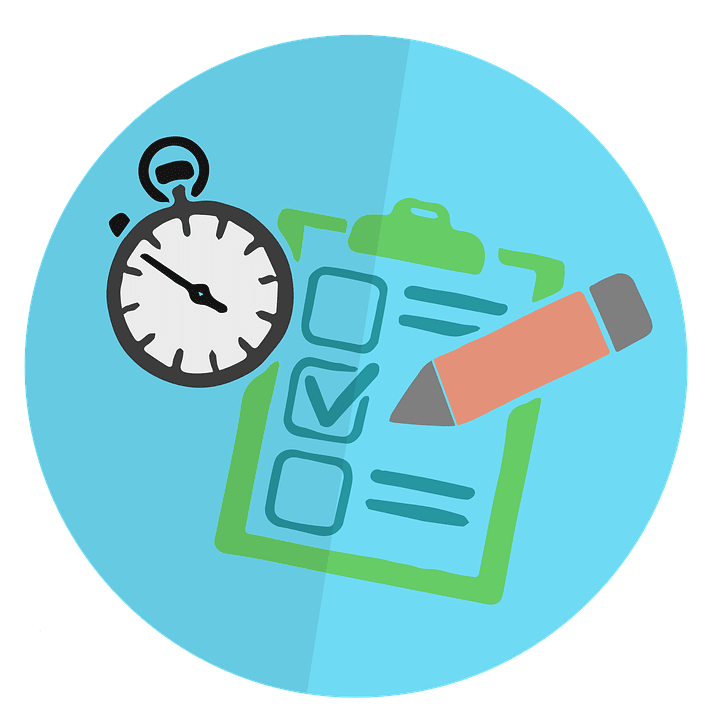
The next step would be trying out what you have learned. You now have a plan, strategies and have learned from your mistakes. Go out an experiment with your new ideas, try it out and see if it works. If it doesn’t, learn and try again until you reach success. The feeling of reaching your goals or completing a task is well worth the reward.
Online Learning, can it help with Experiential Learning?
When you think of online learning, you may be thinking this is more theoretical? How could you possibly get involved with any experiential learning? Let’s have a look at some of the ways online learning can help:
Creating Experiences
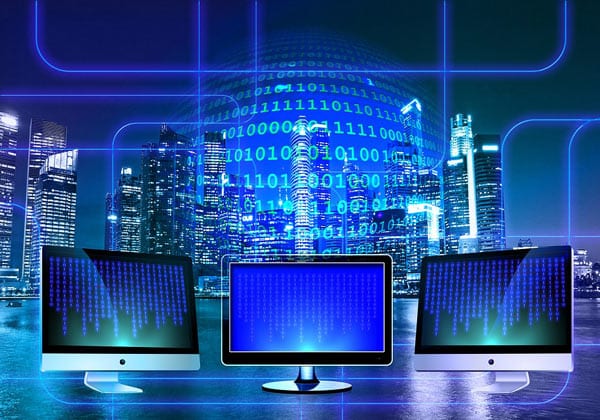
The virtual world is a great place to create simulations of certain experiences. You could come up with tasks that could easily be performed within a virtual space. There are different ways this can be accomplished, for instance, using games. Games aimed towards learning can be created, created scenarios that imitate real-life situations. This is a great way to practice skills before performing them in the real world.
Here is an example:
Training for those in customer service. An online experience could involve developing virtual customers. A person learning customer service can learn how to deal with a difficult or unhappy customer within the virtual environment.
Reflection Opportunities
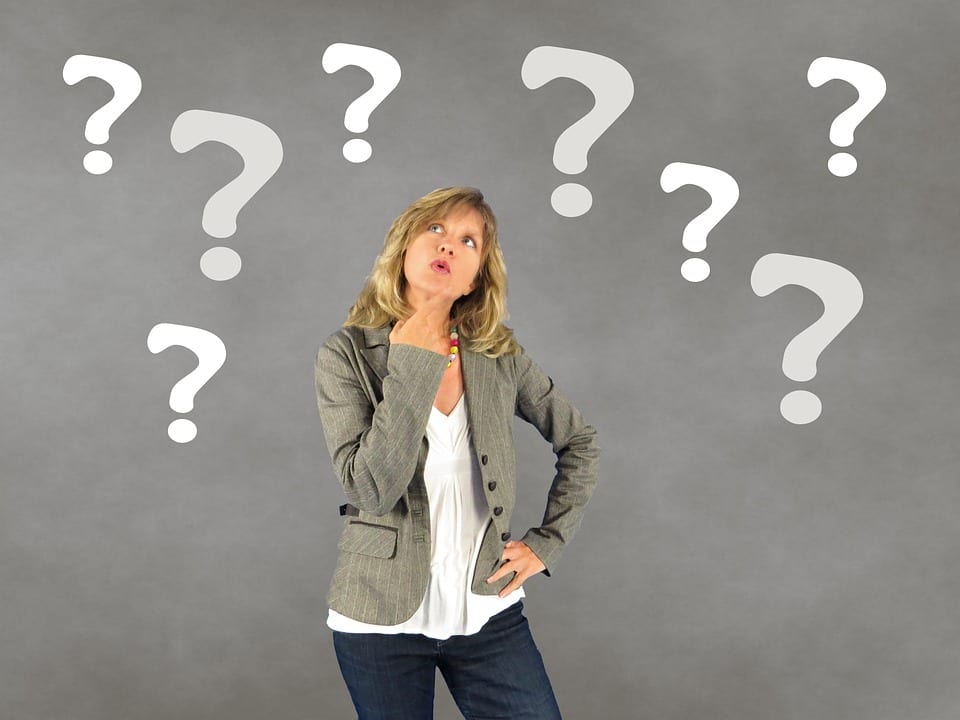
When dealing with an online learning environment, make sure to include reflection time into the training programme. A simple way of doing this is to add in some questions or a quiz at the end of the training period. This will help participants consider and learn from their virtual experiences. Questions could include, “How did you feel when confronted by an unhappy customer?”
Other questions could include:
- How could you improve communication with the customer?
- Did you make any changes in the way you interacted with the customer?
- What was the result of these changes?
Social Learning, how we learn from each other
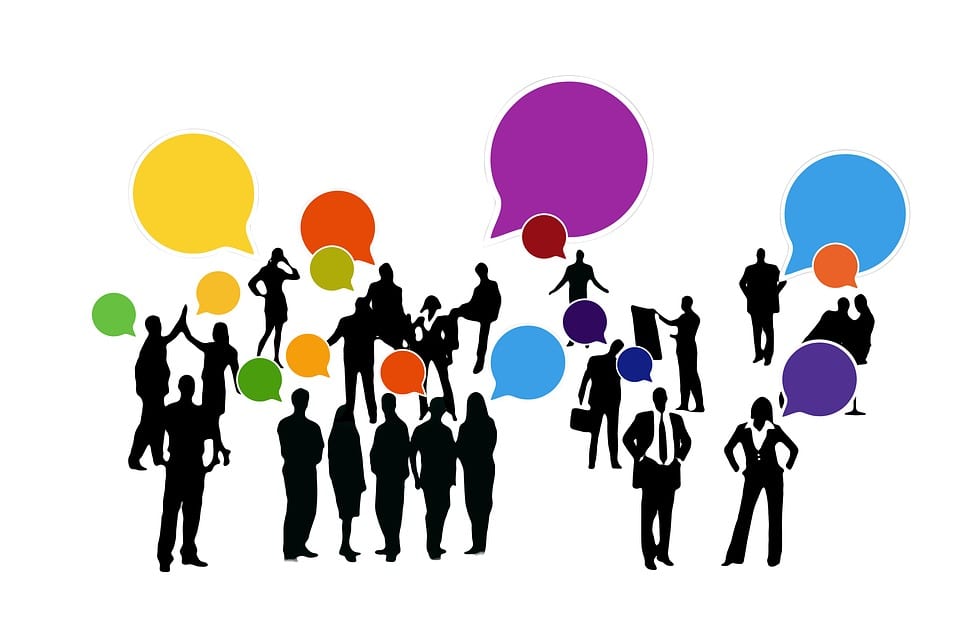
This forms part of the observation stage in the experiential cycle, how you can learn from others. You can observe how other people deal with the experience. Was their experience any different from your own? Can you understand how somebody else was successful in a task and you were not? Is there anything you can learn from them and then apply yourself, in order to succeed.
Some companies have systems in place, whereby employees can share their experiences. A place where they can share videos, chat and just share with each other. This creates a space where everybody can learn and get new ideas from each other.
Experimentation
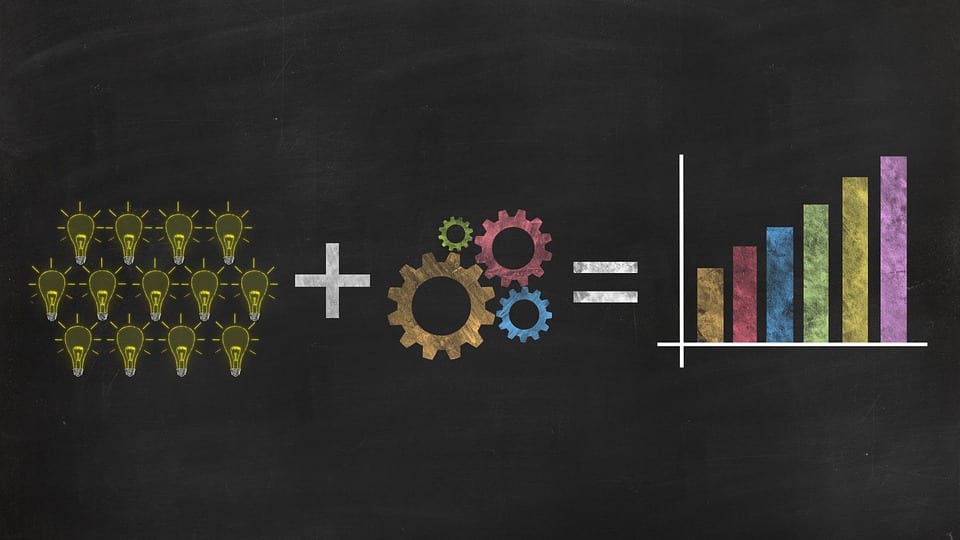
We all learn from trying and maybe having to try over again. By providing a virtual experience, giving learners an opportunity to reflect and offering social learning, anybody will be excited to learn and even experiment with their new-found skills.
Learners can easily go back again and again to the virtual environment and attempt to successfully complete the challenges. Next time, when dealing with a real customer, they will get it right the first time round.
When it comes to online learning, different programs can be developed, features can be added. For example, add a leadership board, as each learner improves, they can receive points. Each time somebody succeeds in a task, they will move up the board, adding a bit of competition as well as incentive to achieve positive results.
When learning something new, whether it is something simple or something a bit more involved, remember to follow the experiential learning cycle. By gaining experience and implementing this strategy, you are building your way to a successful future.
